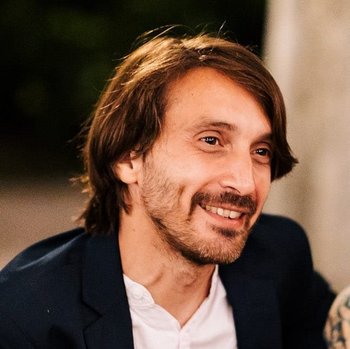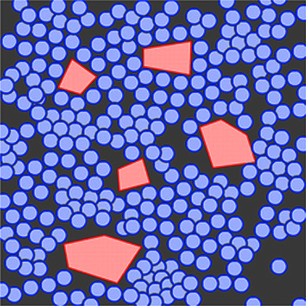
| Name | Poccia, Assoc. Prof. Dr. Nicola |
|---|---|
| Abteilung | Institute for Metallic Materials |
| Funktion | Group Leader |
Nicola Poccia is a Professor of Experimental Condensed Matter Physics and Applications at the Department of Physics "Ettore Pancini" of the University of Naples "Federico II", jointly appointed (50%) with the Leibniz Institute for Solid State and Materials Research (IFW-Dresden). He received his "Laurea" in physics and his Ph.D. in Physics and Material Science at the University of Rome "Sapienza" . He founded the "Superpuddles Lab" which focuses on two-dimensional materials and heterostructures of superconductors in complex quantum matter. In our lab we synthetize and isolate atomically thin superconductors, assembling these materials into novel multicomponent systems. He was Marie Curie Fellow at the University of Twente and at the European Synchrotron Radiation Facility in Grenoble, then joined as postdoctoral fellow the Department of Physics at Harvard University. He contributes as Editorial Board in Communication Materials and Materials Today Physics, and he is founder of the Network of Italian Scientists in Germany (SIGN), promoting the exchange of students and scientists in quantum information and technologies between Italy and Germany. His group recently received funding for his research from the ERC (Consolidator 2023), DFG and Terra Quantum AG.
Email: n.poccia@ifw-dresden.de; nicola.poccia@unina.it
2011 PhD (Thesis on Hard X-ray spatiotemporal techniques for the control of complexity in cuprate high-temperature superconductors) with distinction in Material Science (Prof. A. Bianconi group), Sapienza University, Rome, Italy
2008 Laurea Specialistica (M.Sc. equivalent) with distinction in Physics (Department of Physics; Prof. A. Bianconi), Sapienza University, Rome, Italy.
2006 B.Sc. in Physics, Sapienza University, Rome, Italy.
2016 – 2019 Postdoctoral fellow in Physics (Prof. P. Kim group), Department of Physics, Harvard University, Cambridge, USA
2012 – 2016 Postdoctoral Fellow in Physics (Prof. H. Hilgenkamp), Department of Physics, Universiteit Twente, Enschede, Netherlands
